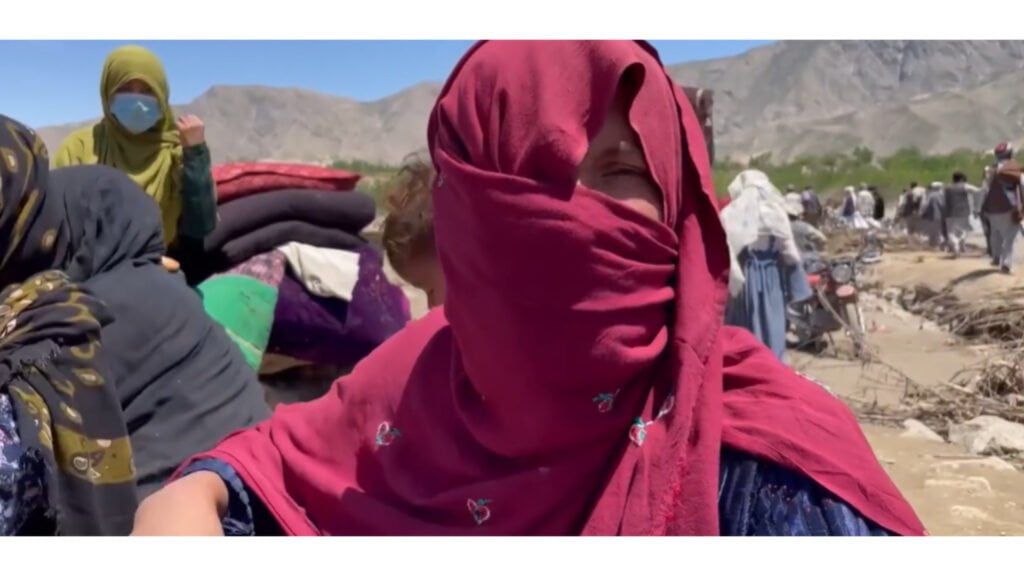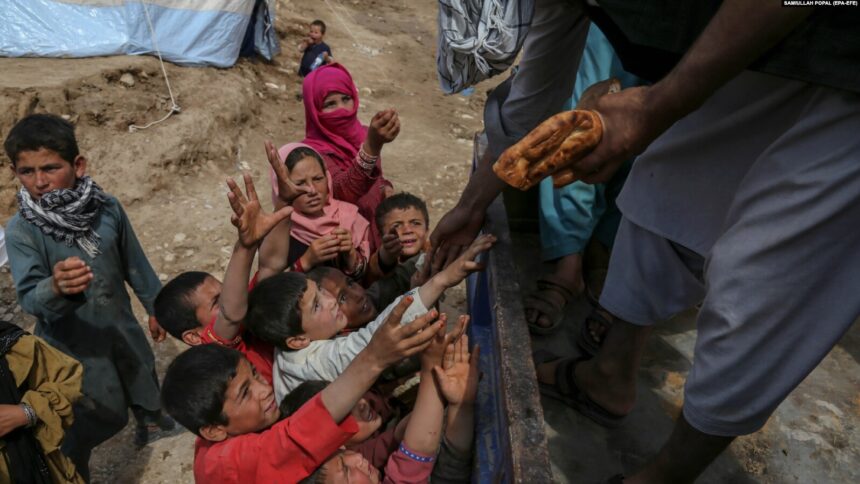Recent heavy rains and devastating floods have displaced around 40,000 children and affected 80,000 people in Baghlan province, according to a report by the international organization Save the Children.
The report, published on May 13th, highlights severe concerns about the well-being of children in the flood-stricken areas. Local Taliban authorities confirm that the relentless rains and subsequent flooding have destroyed 12,000 homes, leaving thousands in dire need.
Among the pressing issues, Save the Children points to the lack of access to clean drinking water, education, and safe playgrounds for children. The situation is dire, with the Taliban’s Ministry of Refugees and Repatriation announcing that the death toll has reached 315 people.
Save the Children also reports that the scarcity of clean water has led to a rise in waterborne diseases among children, such as stomach infections. In response, the organization has set up a mobile clinic in Baghlan as part of its emergency aid efforts. Despite this, many flood victims still urgently need food, clothing, and medical supplies.

Yusuf Khan, a flood victim who lost everything, shared his harrowing experience: “My son injured his leg during the rescue. Now, we are living in a cemetery in our village with my children.”
He told Afghan Insight, “We brought ourselves to the cemetery. I have a family of 17, including children aged 7 and 8, who desperately need food and blankets.”
Another resident, Feroz, is struggling to retrieve his belongings from the mud to meet basic needs. “We are trying to pull out some blankets and essential items from under the mud in our yard,” he said.
In addition to Baghlan, recent rains and floods have caused casualties and financial losses in several other provinces of Afghanistan. Noorullah, a resident of Nuristan province, expressed widespread despair: “People have been displaced from their homes, and children have missed school. It’s poverty; there is no business, and from women to children, all of them are suffering.”
Since the beginning of the month of March, Afghanistan has faced relentless heavy rains and floods. The United Nations warns that Afghanistan is among the ten countries most vulnerable to the adverse effects of climate change, with little to no preparation to combat these changes.
As Afghanistan grapples with the aftermath of these natural disasters, the urgent need for international aid and support becomes ever more critical. Save the Children’s efforts, while crucial, highlight the immense challenges faced by the country’s most vulnerable populations.





